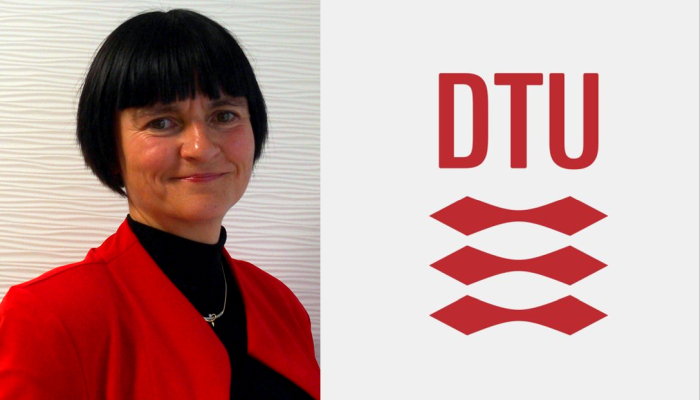Hi, I’m Anke Hagen, a professor at the Technical University of Denmark (DTU), Department of Energy Conversion and Storage. My background is chemistry from the University of Leipzig, where I also received my Dr. rer. nat. in the field of heterogeneous catalysis. In addition, I hold a Dr. techn. from DTU with a thesis in electro chemistry. During my research carrier I have worked at universities in Germany, Japan, USA, and Denmark.
What was your original motivation to become a researcher?
Becoming a researcher was actually not my carrier desire as such. When I studied chemistry, I was sure there would be many interesting opportunities because chemistry surrounds us. Indeed, I found myself involved in exciting topics – all with practical benefits for society, once implemented into real world. Once started with a research carrier, it was natural to continue. Besides the actual research, there are the colleagues from all over the world and with many professional and cultural backgrounds that make this profession so attractive, not least the work with students and the coming generations.
What is your (main) research area today?
In the past ca. 20 years, I worked with high temperature fuel and electrolysis cell research, more precisely with their characterisation, diagnostics, lifetime, etc. My research involves many disciplines, analytical methodology, heterogeneous catalysis, and electro chemistry. Contributing to getting the technologies out to real life gives me energy.
What is the main objective of your team in E-TANDEM?
Within E-TANDEM, we contribute with our expertise in high temperature electrolysis (solid oxide electrolysis – SOEC). This electrolysis technology provides directly synthesis gas (CO and hydrogen) by co-electrolysis of steam and carbon dioxide. The objective is to test and show how SOE delivers the desired synthesis gas for the subsequent catalytic production of green fuels for heavy transport and with the focus on the conditions for the whole system, i.e. the upstream and downstream processes.
What expertise and facilities does your team have to meet those objectives?
Our team from DTU Energy has profound expertise in SOE, ranging from fundamental materials research to cell and stack integration and advanced testing. Our experimental facilities involve SOE test rigs, which can operate at atmospheric and high pressure, which is important for the system integration in E-TANDEM. The rigs allow for detailed, advanced electrochemical diagnostics to study the performance and durability of SOE cells specifically required for the E-TANDEM process. Furthermore, we will include a new, innovative generation of SOE cells, which was developed at DTU Energy, to reach our objectives in the projects.
Which aspects of your research at E-TANDEM do you believe are the most innovative and what unique opportunities does E-TANDEM offer to you and/or your organisation?
The E-TANDEM combines forces of experts from many different scientific areas to investigate an innovative concept to produce green fuels based on renewable energy sources. It is this cross-disciplinary approach, which we believe will give the greatest reward.
How do you see the future use of the E-TANDEM results and the impact of the E-TANDEM project in our daily lives?
For DTU Energy, the E-TANDEM project will enrich significantly the expertise in SOE and the opportunities for integrating them into systems to produce green fuels. Succeeding with E-TANDEM will contribute to making heavy transport greener.

